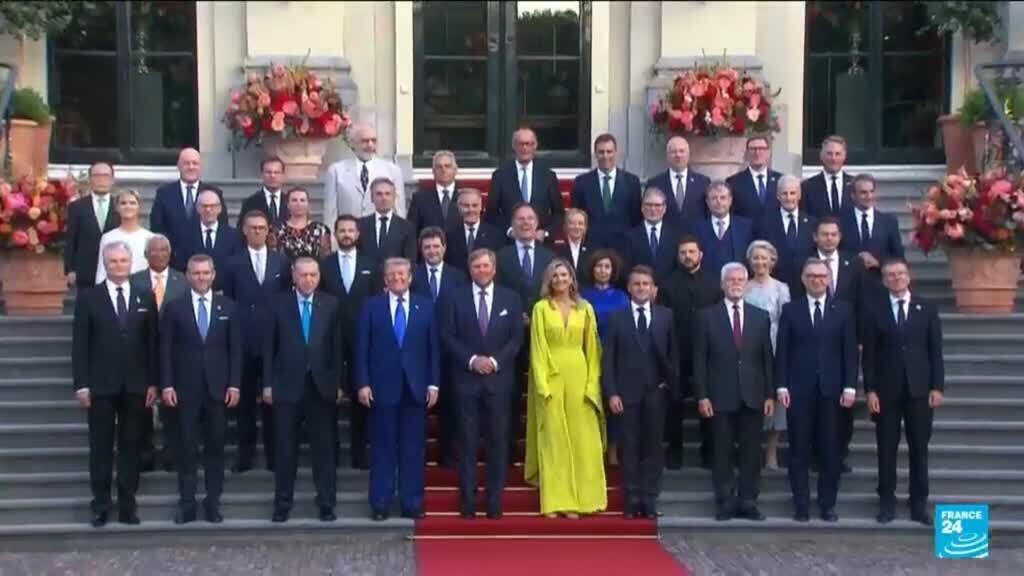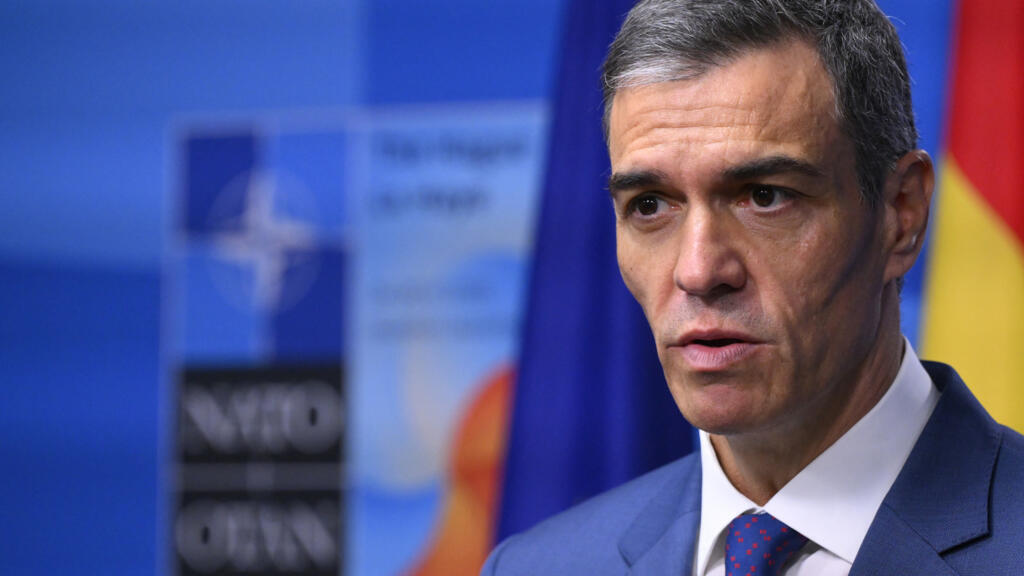In a recent summit at The Hague, former President Donald Trump received an unusual level of admiration from global leaders, notably from NATO chief Mark Rutte, who referred to him as “daddy.” This unexpected flattery came as allies promised to increase their defense spending, signalling a significant moment in international relations. This shift toward cordiality and respect was remarkable given Trump's previous critical stance towards NATO, which he often characterized with disdain during his presidency.
The summit was meticulously planned and choreographed to accommodate Trump’s temperament and preferences. World leaders adjusted their defense spending numbers to appease him and arranged for an atmosphere of royal hospitality throughout the event. Keeping the gathering short and focused was also a tactical decision, allowing for a swift yet effective diplomatic engagement. Upon his arrival, Trump expressed his discontent regarding the ongoing Iran-Israel ceasefire, which set a charged tone for the discussions ahead.
As the summit progressed, the dynamics shifted. Trump ended the encounter with a sense of triumph, reveling in the diplomatic affection showered upon him by his counterparts. The leaders’ willingness to endorse increased defense allocations appeared to flatter Trump, offering him a semblance of victory amidst his administration's historically tumultuous relationship with NATO allies.
Dr. Sven Biscop, Director of the Europe in the World Programme at the Egmont Royal Institute for International Relations, provided detailed analysis of this significant event. His insights indicate that this marked departure from Trump’s earlier skepticism of NATO suggests a potential pivot in U.S. foreign policy rhetoric. This adjustment could lead to a more cooperative atmosphere within the alliance, as members seek to align their defense strategies with U.S. interests.
Overall, the summit displayed a combination of politeness, strategic planning, and the necessity of aligning global defense strategies, illustrating how diplomacy often navigates through complex interpersonal dynamics. The weight of the event was felt not only in the commitments made but also in the tone established for future discussions between allies.
```











